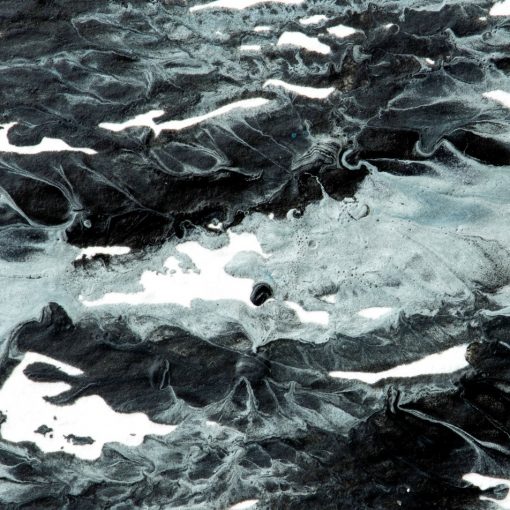By Maddie Valier
On April 12th, Duke Superfund faculty, trainees, and staff, along with MEM students from the Nicholas School took part in a full-day, immersive workshop led by two expert facilitators from the Alan Alda Center for Communicating Science. The facilitators were James Rea, a communications coach and consultant with a background in public radio, who also worked at the U.S. EPA in the Design for the Environment Program. James’s co-facilitator was Terry Greiss, an accomplished career actor and co-founder of Brooklyn’s Irondale Ensemble Project.
The Alda Center for Communicating Science
Actor Alan Alda, the Center’s namesake and founder, most notable for his role in the popular television series Mash in the 60’s and 70’s, later starred in Scientific American Frontiers, a television series where everyday scientists shared their innovative work with the public. The show was a transformative experience for Alda and inspired the creation of the Alda Center in 2009. The Center’s mission is to help scientists share their science with the world in engaging, vivid, and easy-to-understand ways.
Improv and Science Communication
The day began with a brief introduction to Alan Alda’s work and the Center’s mission. We then jumped right into improvisation and theater exercises. Our workshop facilitators, Terry and James, were fantastic teachers and enthusiastic coaches for this atypical but effective science communication course.
During the first half of the day, James and Terry led us through exercises rooted in theatre and improvisation methods, each building off lessons from those previous. These exercises helped us become comfortable “performing” in front of the other attendees. The exercises also focused our awareness on our perceptions of ourselves and encouraged us to think about how our audiences might perceive us.

Improv and science may not seem a natural fit at first, but there is much that scientists can learn from professional communicators. The improve activities prompted us to think on our feet, tell an engaging story with vivid language, and be attuned to our audience and connect with them to get your point across. Complex research topics may not be natural draws for people outside of academia, or even outside of a given subject area. But by using the methods we learned during the workshop, our group came to understand how to craft an engaging story no matter the audience.

After a break for lunch, we incorporated the morning’s lessons and began to talk about our own work. Our instructors led us through a series of exercises to craft intriguing, short stories about our research – we practiced sharing our research in as little as 15 seconds! They also emphasized the benefit of using marketing strategies and engaging language to get audiences excited about our work.
Superfund Takeaways
Duke Superfund’s research is wide-ranging and diverse, which can make it difficult to put it all in context for non-specialist audiences. By the end of the day, each of us came away with new insights about sharing our science, along with a newly crafted story about our work. We all left more confident in our ability to communicate with others about our work, and with a greater appreciation for the value of sharing our work with others.



